March 3, 2022
3 March 2022
Calorie information is ubiquitous.
On packaged food, restaurant menus, and online recipes, we see authoritative numbers that tell us the calorie count of what we're about to consume. And many of us treat these numbers as gospel: counting, cutting, intermittently consuming, and, if you believe some “experts” out there, magically making them disappear.
We all know, and governments advise, that losing weight is just a matter of burning more calories than we consume. Here's the thing, however, that most people have no idea about: The calorie counts that you see everywhere today are all wrong.
In Why Calories Don't Count: How We Got the Science of Weight Loss Wrong, my guest on today's podcast, Dr. Giles Yeo, who is an obesity researcher at Cambridge University, challenges the conventional model and demonstrates that all calories are not created equal. He addresses why popular diets succeed in the short term, long-term why many ultimately fail, and what your environment has to do with your body weight. Once you understand that calories don't count, you can begin to make different decisions about how you choose to eat, learning what you really need to be counting instead. Practical, science-based, and full of illuminating anecdotes, this is the most entertaining dietary advice you'll ever find.
Giles Yeo got his Ph.D. from the University of Cambridge in 1998, after which he joined the lab of Prof. Sir Stephen O’Rahilly, working on the genetics of severe human obesity. Giles Yeo is now a program leader at the MRC Metabolic Diseases Unit in Cambridge and his research currently focuses on the influence of genes on feeding behavior & body weight. In addition, he is a graduate tutor and fellow of Wolfson College, and Honorary President of the British Dietetic Association. Giles is also a broadcaster and author, presenting science documentaries for the BBC, and hosts a podcast called Dr. Giles Yeo Chews The Fat. His first book Gene Eating was published in December 2018, and his second book Why Calories Don’t Count came out in June 2021. Giles was appointed an MBE in the Queen’s 2020 birthday honors for services to research, communication, and engagement.
During our discussion, you'll discover:
-What's a calorie?….06:56
- There's a Calorie and there's a calorie (lower case)
- The calorie is a measure of heat (heat calorie) = the amount of heat required to raise the temperature of 1 mL of water 1 degree Celsius (°C), at sea level
- A Calorie (pertains to food = 1,000 heat calories) is the amount of heat required to raise 1 L of water 1 degree Celsius (°C), at sea level (called the Kcal and is =4184 Joules in the S.I. system of units)
- The Calorie was first used to measure food by farmers in Germany in the early 1800s
- Used by Wilbur Atwater to measure human consumption in the 1880s
- Bomb calorimeter: measure the heat of reaction at a fixed volume and the measured heat which is called the change of internal energy
-The A-B-C equation of measuring calories in food…13:45
- A≠B≠C
- A = total number of calories in the food (cannot be 100% extracted)
- B = number of calories on the side of the packet of food
- C = usable calories we get out of food
- Atwater General Factor System
- Every calorie count today is still based on these numbers
-The problem with Atwater's factors…19:10
- Fats and carbs are made of carbon, oxygen, and hydrogen atoms
- Protein also has nitrogen in addition to the above (on average, 16% of protein is nitrogen)
- There is no store of protein in our body that is inert; protein has to be stored as fat
- Protein, if not going to be used immediately, has to be stored
- To store protein, it has to be converted to fat (protein is stored as fat)
- To be stored as fat, the nitrogen in protein has to be removed
- A lot of the nitrogen comes out in the urine and costs a lot of energy (waste energy)
- Thermic effect of digestion
- Fiber mitigates the accuracy of the Atwater factors
-What's a DIT value and why does it matter…27:19
- Diet-Induced Thermogenesis – heat given off while eating; cost of metabolism
- Think about the quality of the food vs. the number of Calories consumed
- Digestion is the conversion of food into primary micronutrients:
- Glucose
- Fatty-acids
- Amino acids
- Loss of energy from protein is from the metabolism of these nutrients, which cost energy
- Only 70% of Calories from protein is absorbed, 30% is given off as heat
-Did we get it right when it comes to labeling our food?…35:00
- Need to highlight the critical elements of food on the labels:
- Amount of protein
- Amount of fiber
- Amount of added sugars
- Amount of fat (kinds of fat)
- Portion sizes do not reflect the reality of how much people eat
-Why we're terrible judges of Calorie counting…38:05
- Dana Small of Yale University study on Calories
- Very few things naturally occur with high fat and carbs together (milk is the exception)
- The reward part of the brain lights up when carbs and fat are eaten together
- Ultra-processed food (industrially processed foods that cannot be replicated in the home) are typically stripped of all protein and fiber; lacks flavor
- Flavor is restored by adding sugars, salts, and fats
- Ultra-processed foods are cheap (economies of scale) and have a long shelf life
-Advice for a good macronutrient ratio with minimal ultra-processed food in the diet…48:34
- Count protein instead of Calories (16% of daily energy intake should come from protein)
- At least 30g of fiber per day (the more the merrier)
- Limit daily intake of free sugars (added sugars, including honey and maple syrup) to 5% or less
- Why Calories Don't Count: How We Got the Science of Weight Loss Wrong by Giles Yeo
- Dr. Giles Yeo Chews The Fat podcast
-And much more!…
Upcoming Events:
- Keep up on Ben's LIVE appearances by following bengreenfieldlife.com/calendar
Click here for the full written transcript of this podcast episode
Resources from this episode:
– Other Resources:
- Chia Seeds
- Pumpkin Puree
- Acacia Essentials Sea Moss
- Wilbur Atwater
- Atwater General Factor System
- Food And Appetite
- Diet-Induced Thermogenesis
- Integration of Sweet Taste and Metabolism Determines Carbohydrate Reward
Episode sponsors:
–Personal Peak Performance Summit: Calling individuals with deep interest in self-discovery, personal growth, and peak performance! Join us in beautiful San Diego, CA, for an epic, educational and experiential adventure with highly accomplished wellness professionals, athletes, scientists, business people, artists, musicians, and more.
–Qualia Mind by Neurohacker: To try Qualia Mind, go to neurohacker.com who’s offering Qualia Mind up to 50% off right now, and use code BGF at checkout for an extra 15% off your first purchase.
–Water and Wellness: The best solution for clean and safe drinking water. Water and Wellness also offers an amazing line of essential water additives such as Quinton Marine plasma which contains over 78 trace minerals and elements from the ocean to help restore your biological terrain. Get 15% off your order when you use discount code GREENFIELD.
–Kion Sleep: NEW! Contains only natural ingredients with a long clinical history that are safe to take every night. There’s no grogginess: You’ll wake up feeling refreshed, recovered, & energized.
–HigherDOSE: Get your own Infrared Sauna Blanket or Infrared PEMF Mat at HigherDOSE.com today and use my exclusive Promo Code BEN at check out to save 15% off!



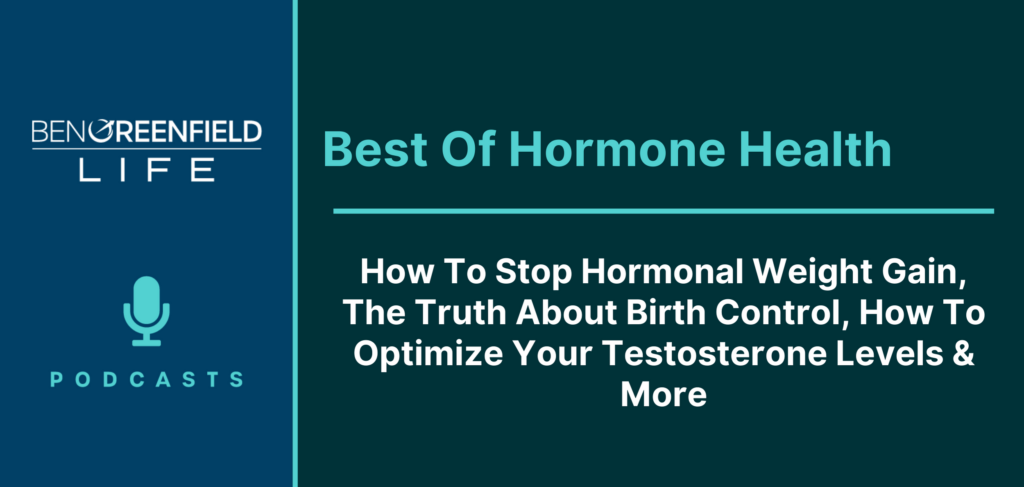

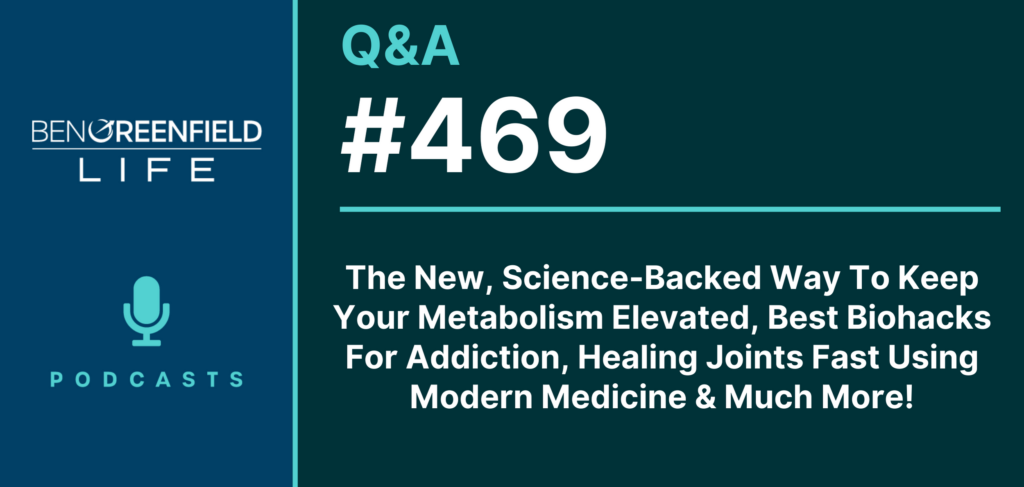




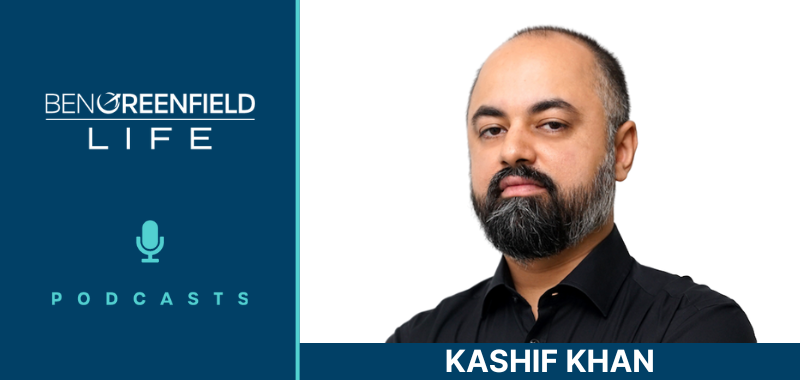

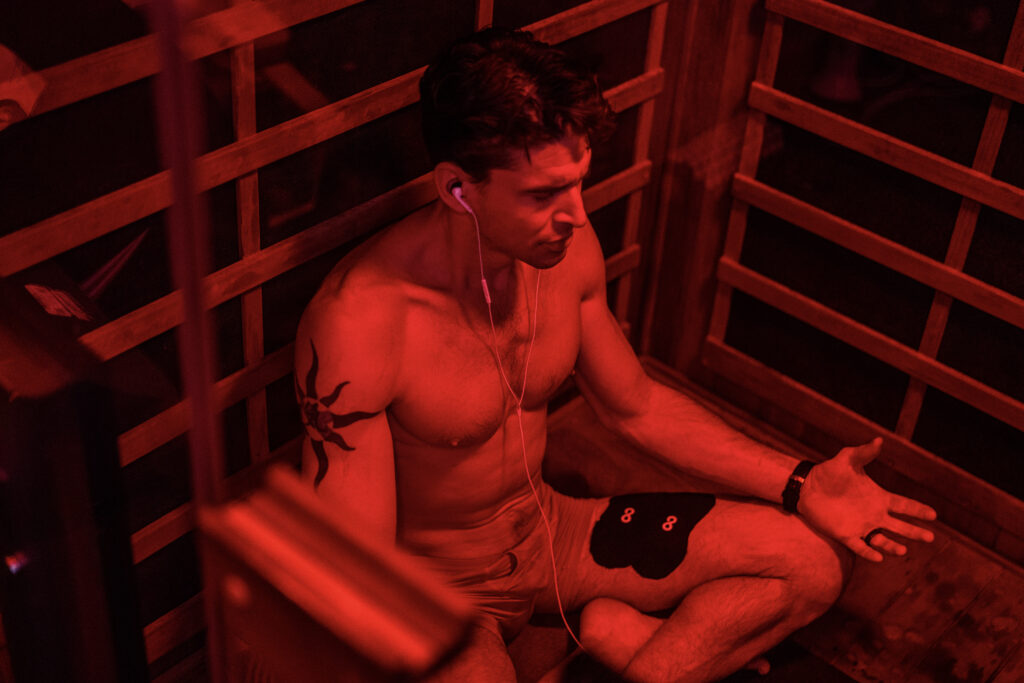
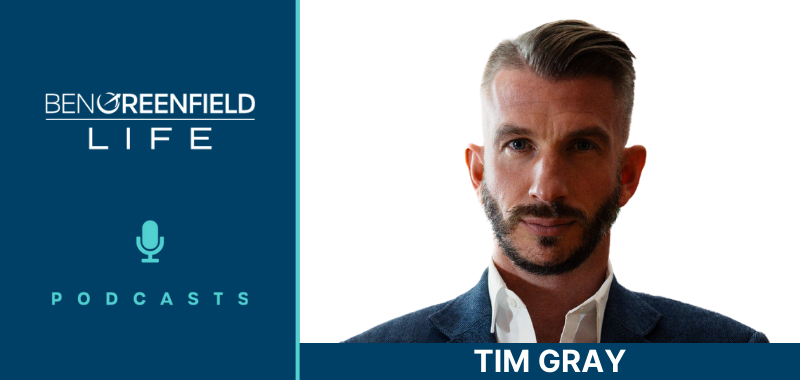
this was the first podcast of yours that I’ve listen to, and was really impressed and grateful to you and Dr Yeo. Fascinating stuff. I especially appreciate the way you ask a question and step aside and let Dr. Yeo answer fully and without interruption. I’ll be listening to more.
Cheers to both of you.
greatly appreciate the feedback Rafa 👍
What is the fiber supplement /piercer you said you take? Thank you!!